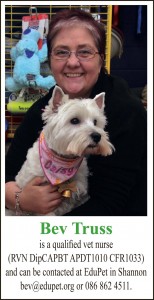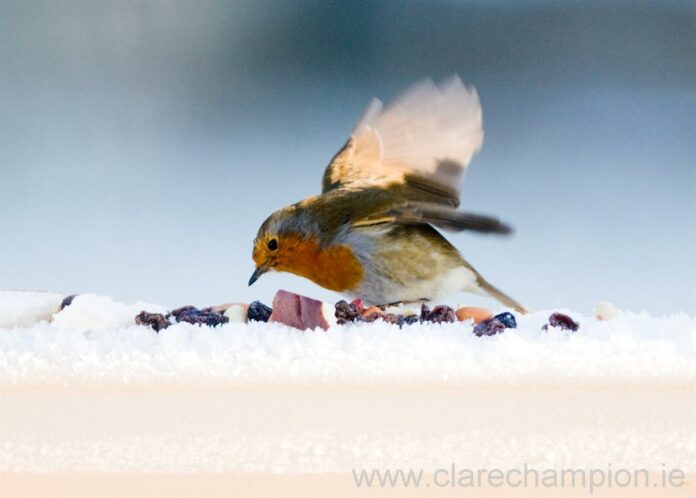
SPRING is finally here and our wildlife needs a bit of help as they prepare for the mating season and raising their young. Our small birds are busy at this time of year so here are a few tips to help them.
Check your bird feeders condition. Feeders need replaced so they don’t injure or make the birds sick. Check them regularly to ensure the rain isn’t making the seeds mouldy; mould means death to a small bird trying to survive and care for young. There are many diseases such as salmonella and conjunctivitis and an unclean feeder may be inadvertently doing birds more harm than good.
Birds are messy things so make sure the paving and areas around their feeders is kept clean, this will prevent unwanted wildlife such as rats sharing the feast you put out for the birds.
Birds like to come back to the same feeders that have the food they want. Many people buy the same bag of seed and put it in the same feeders, but you can attract different types of garden birds by offering different types of food.
Birds come in many shapes and sizes with different beak shapes too. Some birds like sunflower seeds, some prefer fat balls, others a mix seed and birds like robins relish mealworms. Peanuts should be in a small mesh so that big pieces taken by the birds don’t choke the babies. The more variety you have the more types of birds you will attract. There are about 100 species of bird that are regularly drawn to garden feeding places. Some are only on migration, others are all year.
Mealworms are very popular in bird feeders, now we know how much the birds like them. Mealworms attract many song birds. Mealworms are perfect for adults trying to feed youngsters and you can really help with the brood by supplying them.
At The Hogsprickle we go through sacks of them each year, as they are a good protein rich food for not only birds but bats and hedgehogs too.
Water is essential for birds not only as they drink a lot but they need to be able to bath in clean water to keep their feathers in good condition. Shallow bird baths and garden fountains are favourites.
We get a lot of calls every year by well-meaning people who have found a baby bird. Our advice is to leave them alone. If there is danger nearby then gently move them to a safe place. Do not worry about human scent on the bird, as birds don’t have a sense of smell, so they can’t tell if their baby has been picked up.
Baby birds in the nest are called nestlings and when they leave the nest they are called fledglings, they are learning to fly and use their wings. This is when they will stay on the ground and in the hedges and their ever-attentive parents will still feed them. So, if you watch quietly for a few minutes, you will see the parents come down to feed.
Adult birds make much better parents than we do and many times the young bird will die through the stress of being handled by humans.
Have fun researching what your favourite birds like to eat and provide the plants and food they love.
A native of Ennis, Colin McGann has been editor of The Clare Champion since August 2020. Former editor of The Clare People, he is a journalism and communications graduate of Dublin Institute of Technology.


